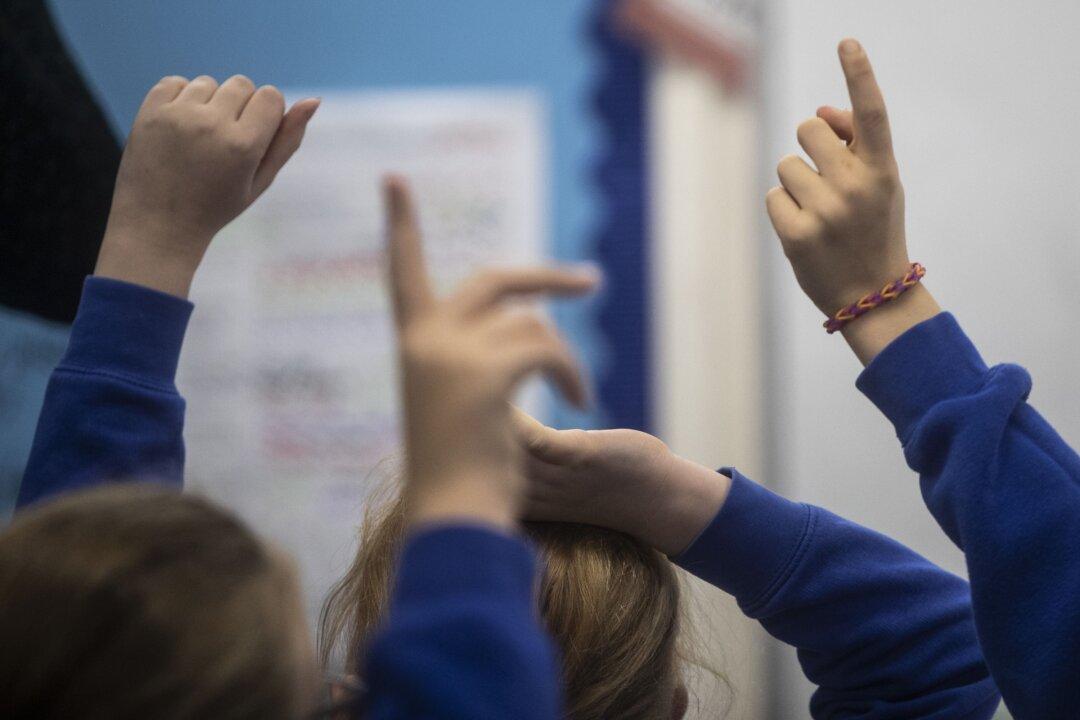The “bonds of trust” between some parents and their children’s schools have been broken since the COVID-19 pandemic, according to a report.
The Centre for Social Justice (CSJ) think tank said a poll it conducted with YouGov found that over a quarter of parents (28 percent) agree with the statement “the pandemic has shown that it is not essential for children to attend school every day.





